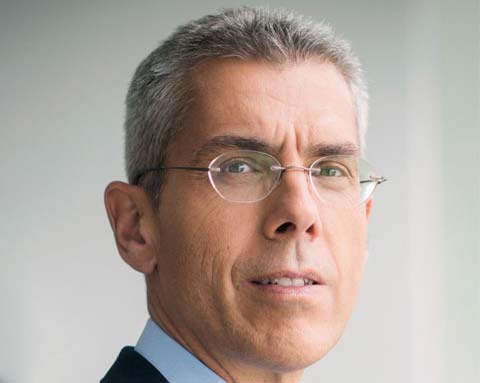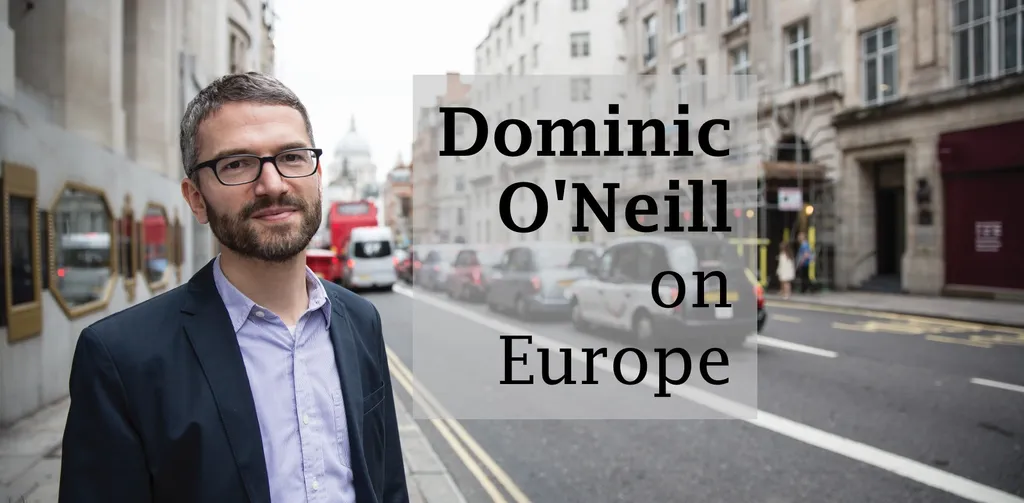Michael Diederich, chief executive of HypoVereinsbank (HVB), is UniCredit’s second big country head to exit in the space of a few months, after the departure of its head of Italy, Niccolò Ubertalli, in July.
Management changes brought in by group chief executive Andrea Orcel last May were intended to empower these country heads. Orcel cut the number of executives by half, removing co-head functions and a western Europe management layer put in place by predecessor Jean Pierre Mustier. But, speaking to insiders, there’s a sense that cultural factors – coupled with Orcel’s liking for hands-on involvement – can sometimes clash with his belief in the benefit of accountable decentralization.

Was Diederich pushed or did he jump? According to a senior bank source, Diederich resisted Orcel’s move to focus more of the bank’s efficiency drive on Germany, UniCredit’s second-biggest market, as part of his late-2021 three-year strategy. This reversed the trend under Mustier’s tenure, which was marked by cost cutting in the Italian home market.
Cost cuts at the German corporate centre were, nevertheless, sorely needed. Layers of insufficiently integrated banks, the legacy of decades-old M&A deals, had left extraordinarily high non-business costs.
UniCredit’s new head of Germany – and therefore also CEO of HVB, Germany’s third-biggest private bank – is an insider, Marion Hoellinger. She has spent 30 years at the Munich-based bank, most recently managing the bank’s retail and private wealth division. Meanwhile, Diederich, who has spent 25 years at the bank, will stay on until February to help manage the transition. He will also take up a role on HVB’s supervisory board.
Orcel’s hopes of cutting costs in Germany, however, also coincided with the arrival of a new chief financial officer at HVB in September 2021, Ljubisa Tesic. This is a banker with more of an international profile than Diederich and most other HVB executives, as he had worked in central and eastern Europe for more than a decade, even if he started out at HVB.
The story in Italy is different, even if the changes there speak to similar tensions within the group. Ubertalli was more obviously a potential rival to Orcel as group CEO because of the importance of Italy to UniCredit both in terms of its internal politics and revenues. Orcel has now taken direct control in Italy, removing the role of head of Italy as a separate function.
New goal
Diederich’s new job – chief financial officer of Bayern Munich – is not obviously a promotion. The Bavarian football club’s turnover was less than half HVB’s net operating profit in the last year it reported numbers unaffected by Covid-19. He’s only the CFO, albeit of an independent entity and with the title of deputy CEO to boot. But running the finances for Bayern Munich should be much more fun for a self-professed football fan such as Diederich, who had already served on the club’s board.
“When I was asked if I wanted to join Bayern Munich, I simply couldn’t say no,” Diederich explained in a LinkedIn post announcing the move in late September.
Switching from a bank to a football club might provide some light relief, given the extent to which negative interest rates have exacerbated structural pressures on German bank profitability over the past decade.
Previously, HVB provided excitement because of its growth in emerging Europe – a big factor in UniCredit’s decision to buy the bank in 2006. But that region is now much diminished, as UniCredit is now out of all three of the biggest markets in CEE.
After Russia’s invasion of Ukraine and the sale of its businesses in Poland and Turkey, HVB could be part of a turn in UniCredit’s international strategy towards western Europe, although the likelihood of a UniCredit-led merger between Commerzbank and HVB is also vastly diminished because of the impact of rising rates and Italian politics on UniCredit’s valuation.




